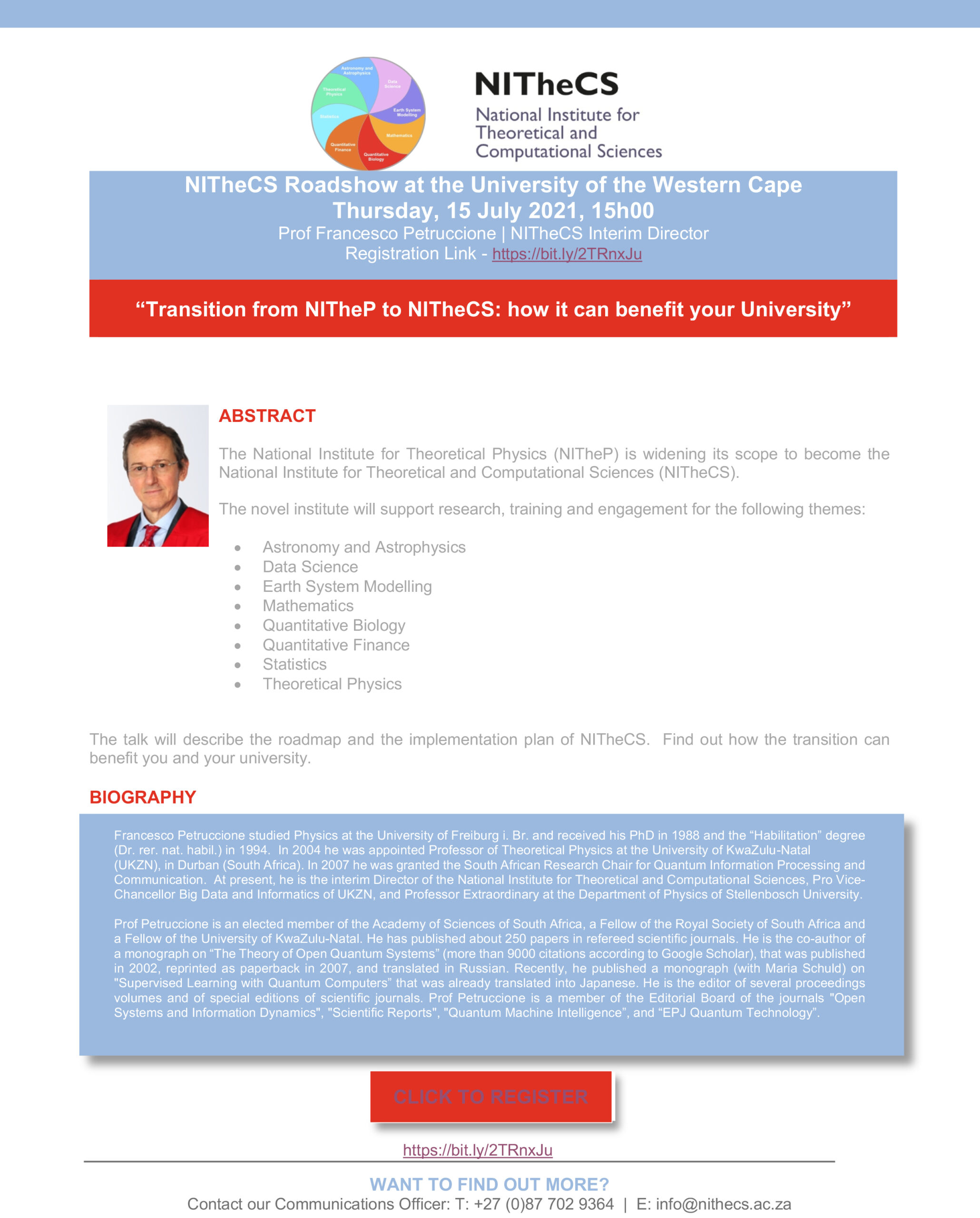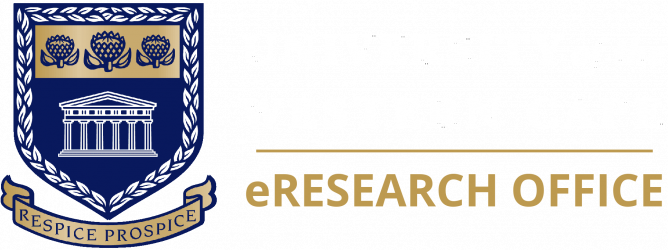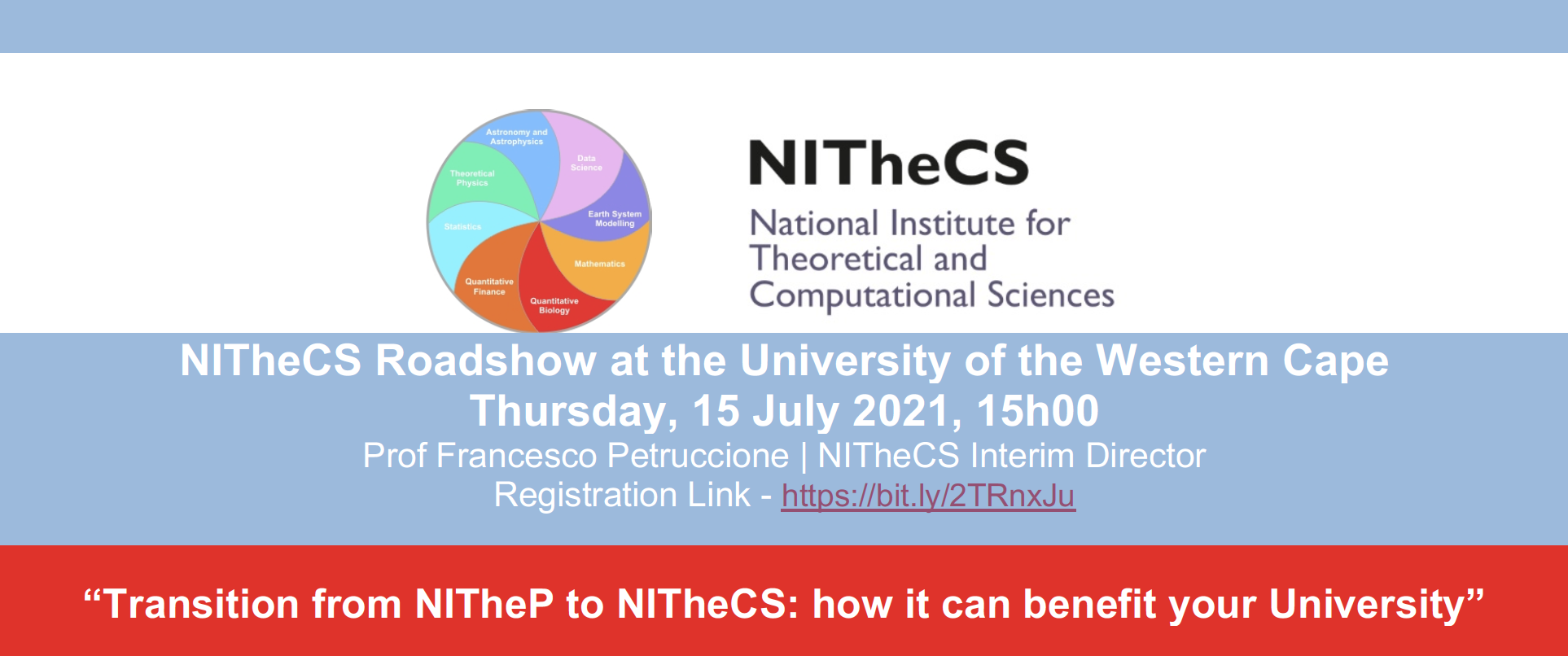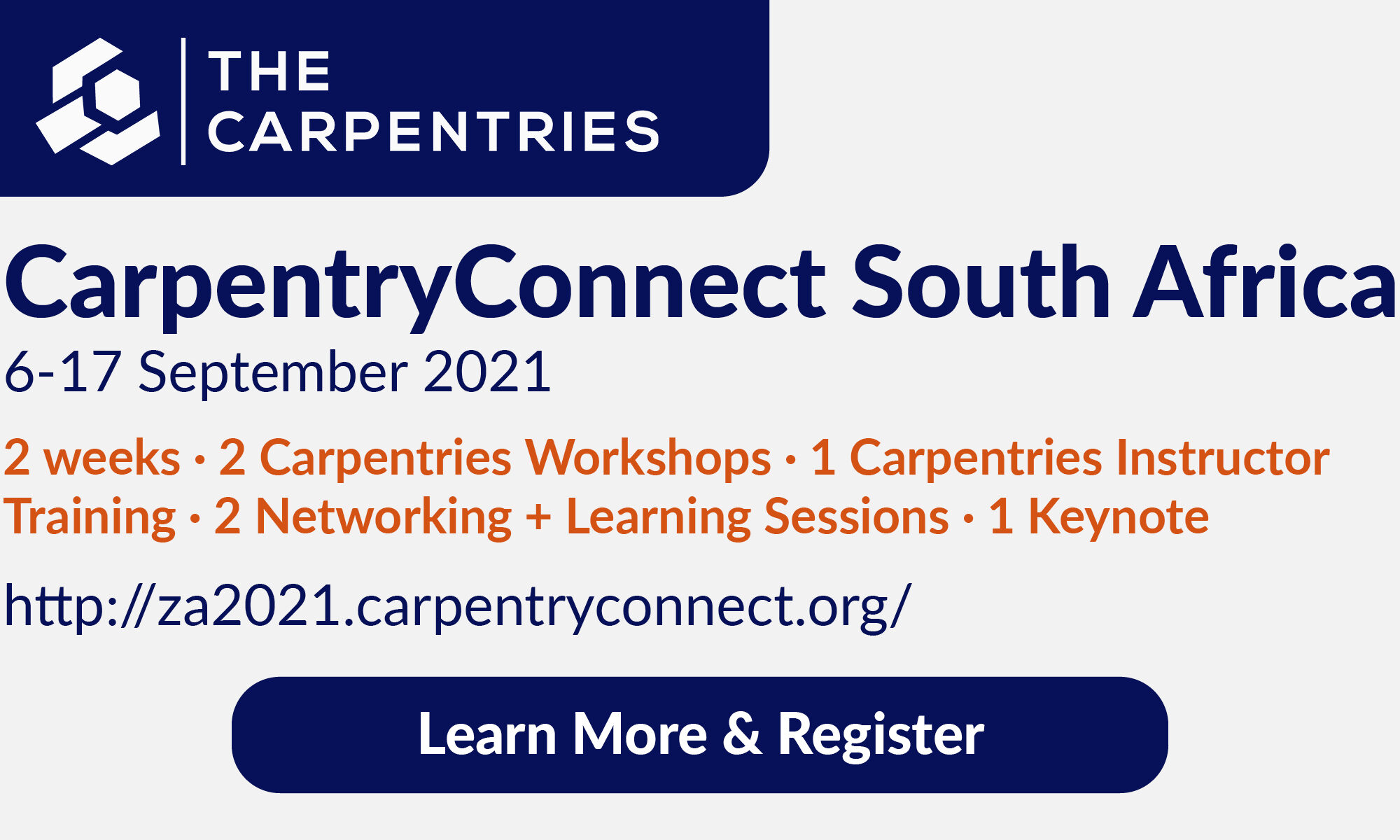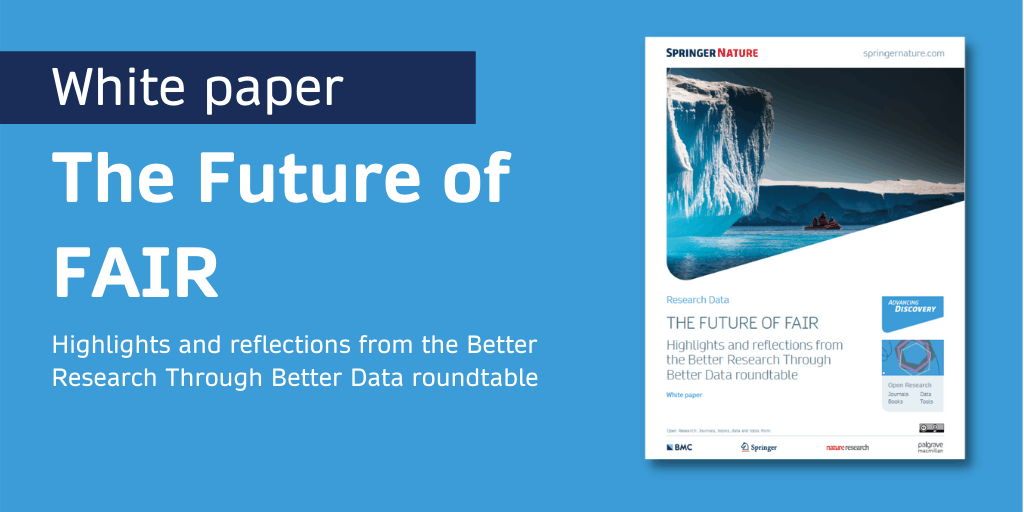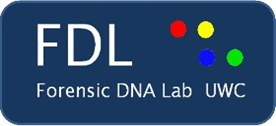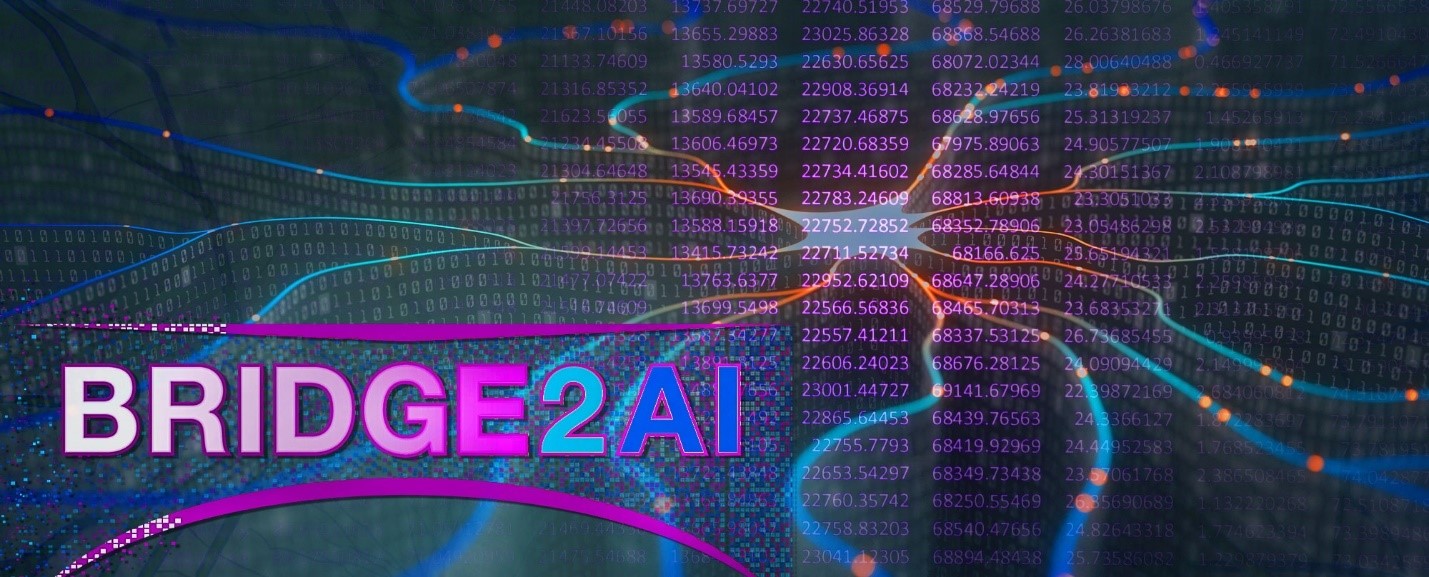Registration is now open for CarpentryConnect South Africa 2021!
The Carpentries is a non-profit organisation that teaches foundational computational, coding, and data science skills to academics, students and academic support staff worldwide. Carpentries workshops have been running at South African public universities and research institutions to hundreds of learners since 2014, and almost 100 instructors have been trained to teach digital and computational concepts to novices.
The first South African CarpentryConnect took place in Johannesburg, South Africa in September 2018. The second will be held virtually and will bring together newer and more experienced community members to share knowledge, network, develop new skills, and develop strategies for building strong local communities around digital and computational literacy at universities. Workshop fees and mobile data for African participants are funded by Code for Science and Society Event Fund.
We invite participants to register for the following events:
Data Carpentry: 6-10 September, 9:00-13:00 SAST. This is an introduction to R, designed for participants with no programming experience. Lessons begin with some basic information about R syntax and the RStudio interface, and then move through how to import CSV files, the structuring of data frames, how to deal with factors, how to add/remove rows and columns and how to calculate summary statistics from a data frame. The lessons also touch on plotting, which is an excellent introduction to data visualisation. Space is limited to 25 learners. Register here.
Instructor training: 13-17 September, 9:00-13:00 SAST. The Carpentries workshops are taught by trained, peer, volunteer instructors. All of our Instructors complete an Instructor Training program, which teaches instructional pedagogy as well as the practicalities of teaching a Carpentries workshop. Instructors can teach workshops in their local area, travel to teach or teach or teach online. We have held workshops in over 40 countries on every continent (including Antarctica). Space is limited to 20 learners. Register here. *Please use the code “ccza43”.
Other events include:
Keynote: CarpentryConnect South Africa’s blurb in 2021 will be delivered by Dr Kari L. Jordan, Executive Director at The Carpentries on Monday 6 September at 14:00 SAST. Register here.
Networking events: The CarpentryConnect South Africa organising team will also host two networking events (Tuesday 7 and Thursday 16 September at 14:00 SAST) for our Carpentries community. These will be great opportunities to connect with like-minded people in fun, collaborative and interactive online events. Register here.
Closing: On Friday 17 September at 14:00 SAST we would like to create a space for community members to offer feedback and lessons learned on CarpentryConnect South Africa 2021 at the end of the two weeks. Register here.
For more information visit https://za2021.carpentryconnect.org/
Please note: While the event is fully funded by the organisers you will be held liable for a R500 attendance fee should you fail to attend without cancelling more than 48 hours prior.
